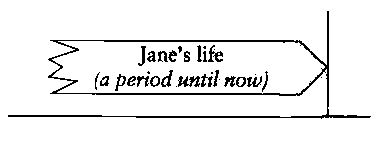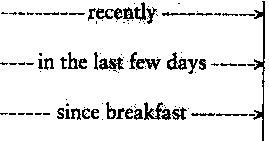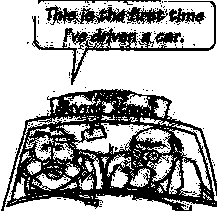|
8 Unit |
Study this example conversation:

dave: Have you travelled a lot, Jane?
jane: Yes, I've been to lots of places.
dave: Really? Have you ever been to China?
jane: Yes, I've been to China twice.
dave: What about India?
jane: No, I haven't been to India.
When we talk about a period of time that continues from the past until now, we use the present perfect (have been / have travelled etc.). Here, Dave and Jane are talking about the places Jane has visited in her life (which is a period that continues until now).
• Have you ever eaten caviar? (in your life)
• We've never had a car.
• 'Have you read Hamlet?' 'No, I haven't read any of Shakespeare's plays.'
• Susan really loves that film. She's seen it eight times!
• What a boring film! It's the most boring film I've ever seen,
In the following examples too the speakers are talking about a period that continues until now (recently / in the last few days / so far / since breakfast etc.):

Have you heard from George recently?
I've met a lot of people in the last few days.
Everything is going well. We haven't had any
problems so far.
I'm hungry. I haven't eaten anything since
breakfast. (= from breakfast until now)
It's nice to see you again. We haven't seen each
other for a long time.
We use the present perfect with today / this morning / this evening etc. when these periods are not finished at the time of speaking (see also Unit 14B):
• I've drunk four cups of coffee today, (perhaps I'll drink more before today is finished)
• Have you had a holiday this year (yet)?
• I haven't seen Tom this morning. Have you?
• Ron hasn't worked very hard this term. past no
Note that we say 'It's the first time something has happened' (present perfect}. For example
Don is having a driving lesson.

• It's the first time he has driven a car. (not 'drives') or He has never driven a car before.
• Linda has lost her passport again. It's the second time this has happened, (not 'happens')
• This is a lovely meal. It's the first good meal I've had . for ages. (not 'I have')
• Bill is phoning his girlfriend again. That's the
third time he's phoned her this evening.